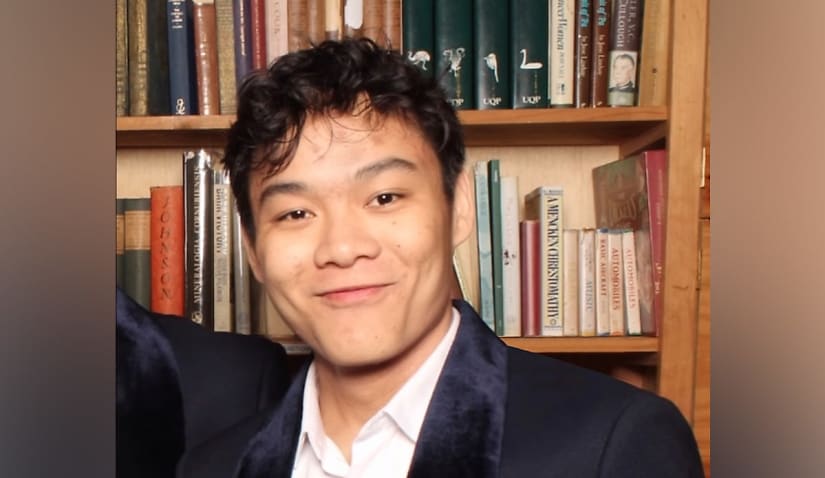One of the most pervasive misconceptions among law students is that spending time outside of their studies can negatively affect their academic performance. However, this law student not only shows why this perception is misguided but also demonstrates how such involvement can, in fact, enhance academic success.

Speaking on a recent episode of The Protégé Podcast, Aaron Lee, a fourth-year commerce and law student at UNSW and a paralegal in personal injury law, addresses the misconception that participating in extracurricular activities or pursuing hobbies can negatively impact law students’ academic success and cause them to fall behind.
In the same episode, he discussed the growing prevalence of burnout among law students and the urgent need for greater awareness as the pressures they face continue to intensify.
He also emphasised the importance of law students maintaining a healthy balance in their lives to excel academically and offered practical and simple habits to foster this approach.
Lee argued that the widespread notion among law students that any time not dedicated to studying is a missed opportunity is, in fact, “the exact opposite” of what truly occurs.
He explained that taking time to engage in activities, including sports, creative projects, social activities, or volunteering, can yield substantial benefits for law students, sharing that it can “recharge mentally and physically”.
“These activities give you a space to reset, improve focus and come back to your study with more clarity and energy,” he said.
Participating in these activities not only aids in stress management, but Lee also remarked that they “teach you valuable skills” that are directly relevant to a career in law, including “time management, teamwork, and resilience”.
This misconception can be “really harmful”, Lee stressed, as it “creates unnecessary pressure and guilt for law students”.
Lee emphasised that when law students are convinced that they should dedicate “every spare moment” to their studies, they risk sacrificing and neglecting vital aspects of their life that “help you stay mentally sharp and just overall balanced”.
He also pointed out that such a mindset can be detrimental, often presenting more negatives than positives, as it can lead to “fatigue, loss of motivation and even feelings of isolation”.
By cultivating this mindset during their time as law students, Lee argues that the effects can be profound and have the potential to carry over as they graduate and enter the legal profession.
“Once they enter into the legal profession, it really gets a lot more competitive because you’re not only competing with your cohort, you’re competing with some of the greatest legal minds out there.
“It’s a constant desire to prove yourself to them and try to connect with them and beat everyone else out in terms of getting the best opportunities,” he said.
To break free from this mindset and regain balance in their lives and studies, Lee advises law students to “assess your situation as a whole and then look at who you are, what you want out of your legal career, and map out how you can achieve those things”.